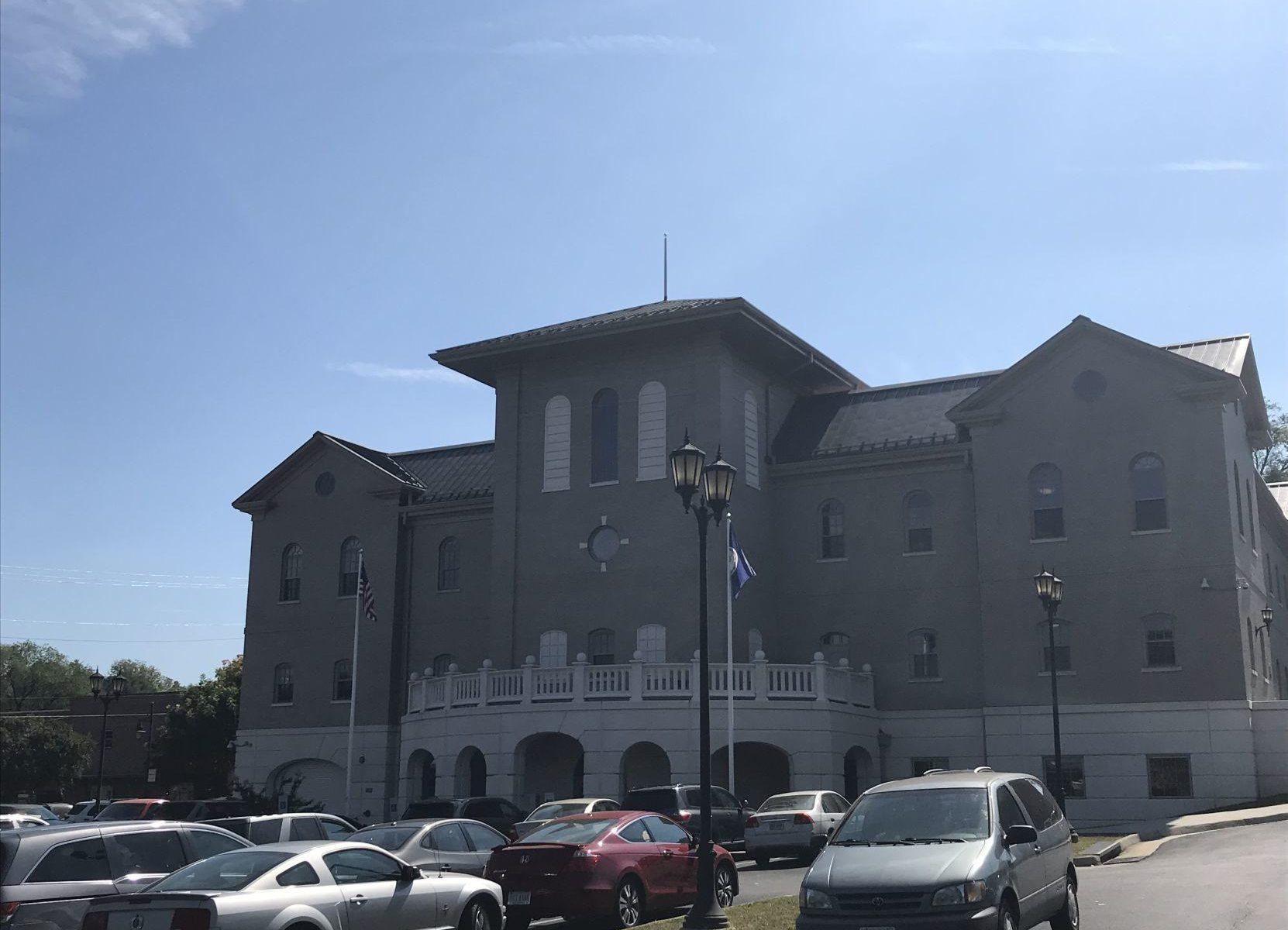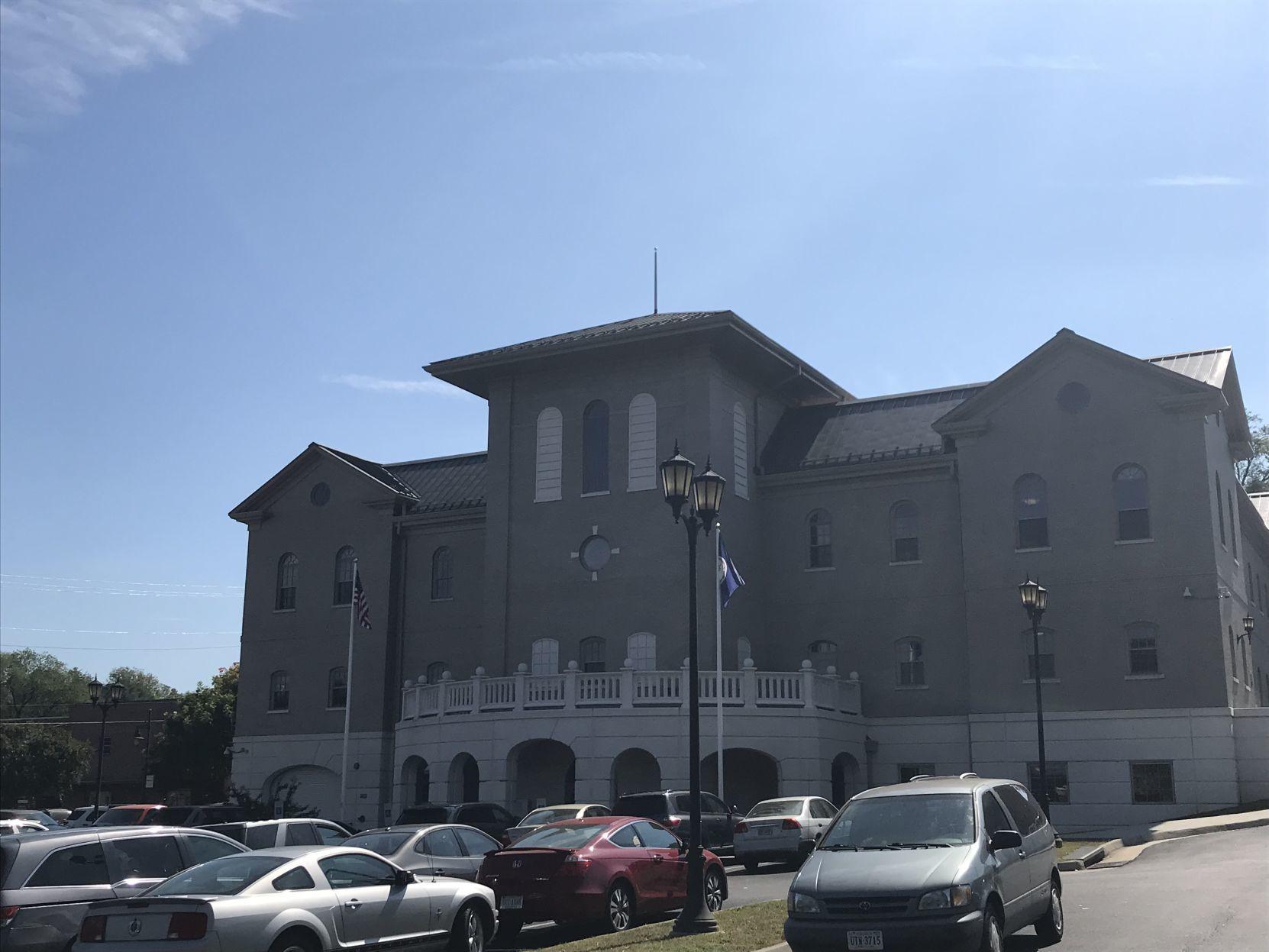Orange County exploring options through potential drug court


Assistant Commonwealth’s Attorney Russel Henderson prosecutes the bulk of the drug cases in Orange County. And when he succeeds, offenders typically land in prison, sometimes for lengthy sentences.
But in recent years, as the number of local deaths from overdoses has escalated—by his count, approximately 60 deaths in the past six years—he has come to a realization about a situation that has huge implications for the whole community: “You can’t incarcerate your way out of it.”
Henderson understands the hard-line stance many people take when they consider the burden of drug addiction on society and the harm opioid users can do to themselves and others.
“I’ve been hardline in the past,” he said during an interview last week in his office at the courthouse.
But given that convictions and jail time haven’t made a significant dent in the problem, he is actively seeking an alternative solution, namely drug court, which would be a new addition to the docket in Orange County Circuit Court. The way Henderson explains it, drug court is for people charged with possession of illegal drugs but not with distribution.
To be eligible for the accommodations and help that drug court would offer them, they would have to agree there was sufficient evidence to find them guilty. There is a fully established drug problem, Henderson said, and Orange County is one of several localities in the region looking to set up drug courts in the coming year. He is applying for a grant that would help fund an administrator, but he said in the initial stages, he and staff members from area agencies could handle the caseload.
Henderson is realistic about what he currently can do in response to the opioid epidemic.
“I have incarceration and the threat of incarceration. I have very little else,” he said.
Drug court, in contrast, can put participants in touch with treatment providers. In a measure that places rehabilitation over punishment, it can require offenders to complete an activity— work, school or community service—for a certain number of hours per week.
It also can require an offender participating in a 12-step program to attend meetings more frequently. The participant in drug court checks in on a regular basis with a case manager, Henderson said, and has a weekly court date.
Those who are staying clean and generally doing well might have their cases moved up to the beginning of the docket so they can be in and out of court quickly—a small but meaningful reward for making progress toward recovery. There’s nothing quick about the overall program, however.
“In an ideal circumstance, a person could progress through the program in approximately 16 months. Two years would probably be pretty normal, and we would expect to set an outer participation limit of three years,” he said.
What happens to the criminal charge? To that, Henderson responded, “It would depend on the individual. Someone with no previous drug conviction or deferred disposition would likely have the charge dismissed. Someone with a criminal history involving drug possession might see a reduction of the charge to a lesser offense, likely a misdemeanor. And someone facing a probation violation or with a significant criminal history might see a significantly reduced sentence. These outcomes would be part of written plea agreements in advance of their participation in drug court.”
Participants land in drug court because they have drug habits. It’s up to them to tell their case manager or treatment provider if they are at risk of relapsing. But Henderson said, “In a well-functioning drug court program, risk factors and life changes that suggest a relapse may be forthcoming would often be noticed by the case manager before relapse takes place.”
Henderson, 38, is softspoken, but there is a layer of steel beneath his gentle surface. A native of Morris County, N.J., who graduated from the University of Vermont and earned his law degree from the University of Virginia, he is an active member of the National Guard. He has seen the impact of addiction on many people, including veterans.
In late October of 2015, he received a phone call from his squad leader telling him a man with whom he’d been on deployment had died of an overdose. Henderson had attended the man’s wedding; they were close friends. He said it’s unclear whether the overdose was deliberate or not.
Henderson pushed back his sleeve to reveal a bracelet he had made in memory of his friend. It is inscribed “D.O.W.”— died of wounds. That friend is not Henderson’s only personal brush with addiction: he has family members in recovery. He said he is grateful one member of his family, sober for 10 years, wasn’t actively addicted when the opioid problem began to spike in her part of the country a few years ago.
Like other family members who have recovered from their addictions, she has made an effort to help others dealing with the painful dilemma. Henderson’s interest in setting up a drug court thus grows out of “admiration of her and also understanding what people deal with, watching their loved ones struggle with addiction.”
He is a member of the Epidemic Intelligence Council created by Crystal Hale, Orange County’s director of social services.Henderson has been working with a variety of agencies and individuals, including Rappahannock Rapidan Community Services, the Office of Offender Aid and Restoration, Orange County Circuit Court Judge Dale Durrer and local law enforcement to lay the groundwork for a drug court.
He also has been in touch with the drug court coordinators in Charlottesville. Although drug court is not yet a certainty for Orange County, Henderson is doing everything he can to make it happen. Like the family members he admires for giving back to their communities, he wants to help people recover. He said his goal is to “do my best, and do my part, to make a difference here in Orange County.”
 Pathways Drug Rehabilitation Luxury Addiction Treatment & Detox Center
Pathways Drug Rehabilitation Luxury Addiction Treatment & Detox Center


